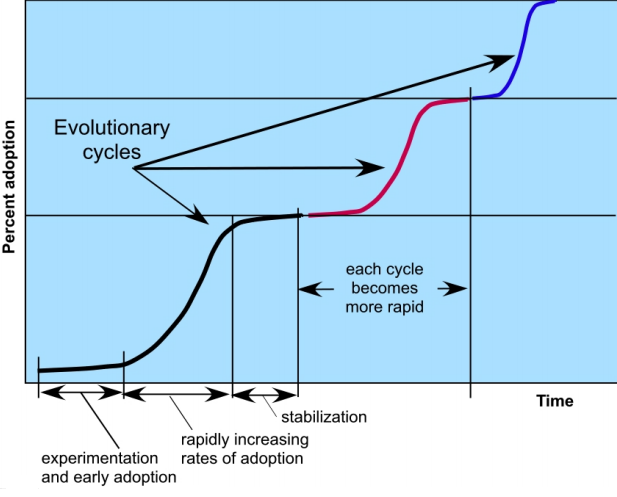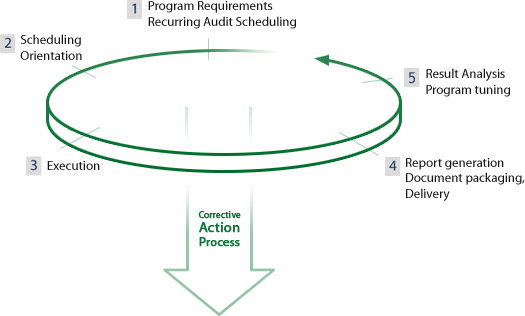

SQA stands for ‘Software Quality Assurance’ and refers to the process of planning, reviewing and auditing a software project.A software has become an essential part of almost every sector and industry, hence its quality audit comprises of security and reliability as the two major criteria to be qualified as a successful application. Inevitably efficiency in performance is what defines a complete and robust framework.
It is quite astonishing to see the heights of glory we have achieved so far. Software quality audit is a much wider term that takes the bandwagon to incomprehensible heights. Software quality assurance is a technique of monitoring and assessing the development of the external and internal structure of a software.
It is an official inspection about software product with all its requirements and specifications. Most importantly, this is a thorough examination of all software abilities and checks whether a software application works as per decided objective or not. This analyzed approach and its study called audit.
Let us throw some light on the evolution pattern in a software’s life cycle.
Any (software) product has a set of phases that goes through a series of phases and hence the concept of ‘quality audit’ emerges.

The above graph is a depiction of growth trend throughout the lifecycle of a software.
The 'percent of adoption' is thus directly proportional to the passage of time. As the time flows users get to know about their product and it attains recognition among them.
Software Quality Assurance is an integral part of a software development project’s life cycle. An independent team of tester specially for reviewing the artefacts of the project, so that auditor is aware of what is expected from the project and what has been actually done to achieve the objectives.
SQA is a strategy to perform some estimations, such as –

An SQA team’s responsibility revolves around planning and scheduling test activities, gathering necessary resources, scheduling execution and implementation of test activities.
After test activities are carried out in full swing, SQA audit team prepares a report listing all the issues and defects and hence taking corrective actions for the same.
A quality analysis/audit is a type of inspection process that is conducted to ensure that the entire effort towards building a product isn’t futile and that the project objective is aligned with the business objectives. Hence the audit process must achieve the following goals which are important from the CMMI perspective:
Advertisement: